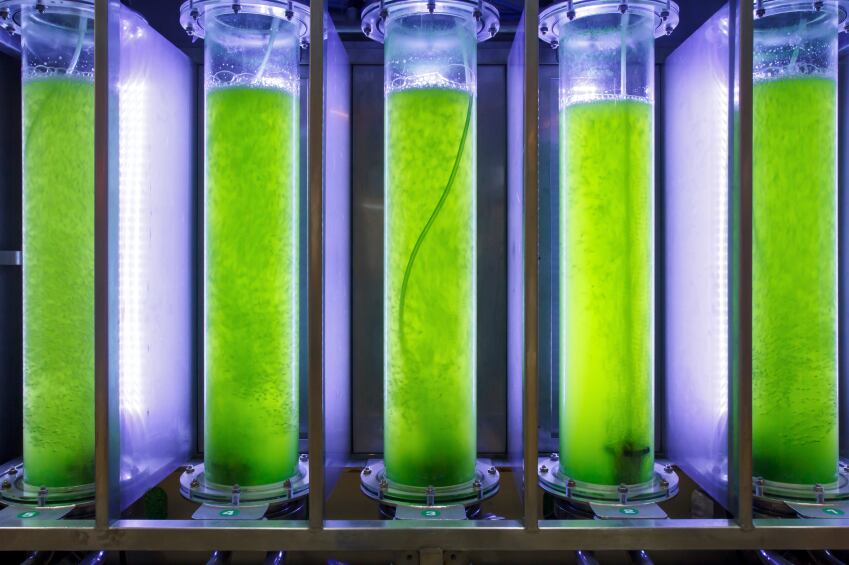The PUFAchain project focuses on the “value chain of microalgae” - an area of the foodchain that has been attracting more and more interest in recent years due to nutrient stores and sustainability wins.
“The main targeted application is the use of high purified omega-3 fatty acids (DHA [docosahexaenoic acid] and EPA [eicosapentaenoic acid] as building blocks in modern oleo chemistry to gain high value products for nutrition and pharmaceutical applications,” the project outline states.
It adds: “These stages include biology, cultivation technology and downstream technology” to establish a “concrete exemplary value chain”.
150 strains have been preselected and “5-10 strains will be selected analysed in detail and prepared for upscaling.”
“…best available expertise in the sector in Europe.”
Six firms and two research institutions are involved aside from Wageningen that will engage at various points along the whole supply chain.
This would encompass “feedstock production and harvesting to oil extraction and purification.”
“Innovative technologies will be combined taking advantage of a complimentary partnership with the best available expertise in the sector in Europe. These processes will be evaluated for their sustainability and scaled-up from lab to demonstrative prototype level.”
The other partners are:
- Georg-August-University Goettingen (Netherlands)
- A4F: Algae For Future Algafuel (Portugal)
- Mahle (Germany)
- Natex Prozesstechnologie (Austria)
- Cremer Oleo Division (Germany)
- Fraunhofer IZI (Germany)
- Institute for Energy and Environmental Research Heidelberg (Germany)
- EurA Consult (Germany)

EPA and DHA are backed for brain, eye, foetus and cardiovascular benefits under the EU's tough nutrition and health claims regulation (NHCR).
The biggest algae-sourced omega-3 supplier is DSM which gained supremacy in the space when it paid about €800m for Maryland, US-based specialist Martek Biosciences in 2011.
Others in the algae extraction space include French supplier Roquette, Allma in Portugal and Aurora Algae in California for the likes of spirulina and chlorella.
